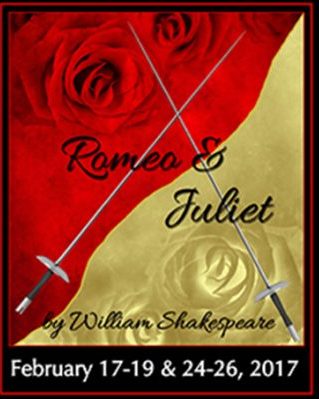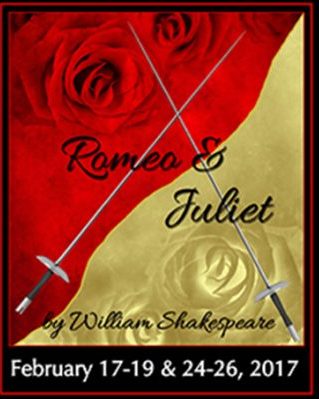Kenneth Grahame wrote The Wind in the Willows during what is known as the Golden Age of British children’s literature. Consider that between 1900 and 1930:
- Beatrix Potter wrote and illustrated her many picture books for young children, beginning with The Tale of Peter Rabbit.
- A.A. Milne created Winnie the Pooh.
- E. Nesbit wrote her wonderful children’s novels, including The Railway Children, Five Children and It, and The Enchanted Castle.
- Frances Hodgson Burnett wrote A Little Princess, The Secret Garden and Little Lord Fauntleroy.
- J.M. Barrie created Peter Pan.
And this list is not exhaustive at all. There was also an explosion of American children’s literature at around the same time, The Wizard of Oz, Rebecca of Sunnybrook Farm and Pollyanna, to name a few.
The wonderful thing about all these books, to my mind, is that they are not written “down” to children, over-simplified and dripping with moral lessons. Rather, they are strong original stories which are amusing, engaging and often thought-provoking, but which are most appropriate to the genre (fairly new at the time) of children’s literature.
 A guest post by Nate Chen, who portrays Lord Capulet, Juliet’s father, in our production.
A guest post by Nate Chen, who portrays Lord Capulet, Juliet’s father, in our production.

 Italy, city denizens – or citizens for short – were freed of their allegiance by virtue of living behind really thick walls and the assurances of the city government. This, along with a handful of other guarantees, was one of the first instances of people having rights backed by government.
Italy, city denizens – or citizens for short – were freed of their allegiance by virtue of living behind really thick walls and the assurances of the city government. This, along with a handful of other guarantees, was one of the first instances of people having rights backed by government.